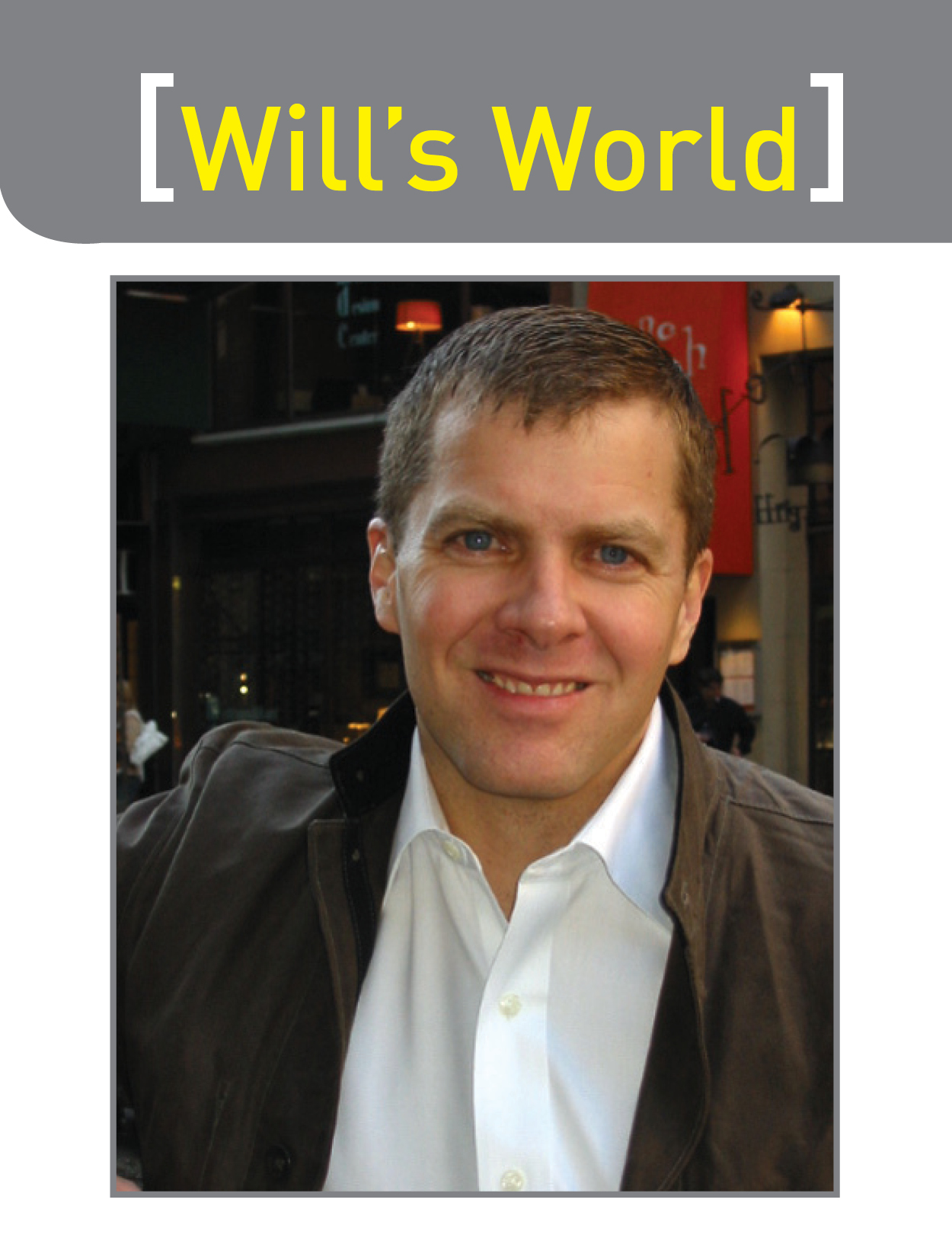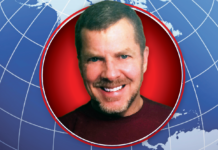By Will Carlin
I wasn’t sure which one was Baird. Standing in front of me were two young men, both recent graduates of Tufts University, and though they both were athletic, they looked different from one another. One had dark hair, was very muscular and was of average height, while the other had light brown hair, was lean and was fairly tall. I didn’t know who was who, and I didn’t really care.
I didn’t want to be meeting either one of them, to be honest. Fred Weymuller had asked me to come into the Heights Casino for a special meeting with him and his wife Carol, and I was nervous about the whole thing. The Weymullers were the creators of the junior program at the Casino, and I had been taking tennis lessons from them since I was very young; they had never before asked for a special meeting.
When I got in, they told me that they were leaving the Casino to go to Rochester, but they had searched long and hard and… The rest of it, quite honestly, got lost in my reeling mind. How could they be leaving? I thought. A flurry of emotions went through my head; I was almost eighteen, but I had only started playing squash seriously two years before, and I was relying heavily on Fred’s and Carol’s expertise to help me continue to progress—what was I going to do now? I remember briefly wondering, much as do children of divorcing parents, if I had done something wrong?
So, it wasn’t an auspicious beginning. Before long, though, I was taking tennis lessons from the dark-haired, muscular guy whose name turned out to be David Temple, and squash lessons from the tall, lean guy named Baird. At Tufts, David starred at tennis and Baird at squash. As a pair, they were well suited to taking over for Fred and Carol.
Baird quickly saw that I was a gym rat, and he and I became close. He spent extra time with me on the court, he told me how to approach my school challenge matches, and—because I was around the club all the time—he got me on the court with the younger players, showing me how to use any court time to work on my game. On Christmas Day that first year, he even came over and opened the club so that I could practice. He told me to keep it to myself, saying that it was his Christmas present to me.
During that same vacation, I played in the MSRA NY Junior Championships. I had no national ranking, and the tournament featured three nationally ranked players, including the No.3 player in the country, Luke Evnin.
Somehow, I made the finals, where I met Evnin. Luke could hit the ball harder than any other junior in the country, and he blew me off the court in the first game; I lost it, 15-8, but it wasn’t that close.
Between games, I heard a voice from the gallery above. I looked up and there was Baird. “Come talk to me,” he said. When I came off the court, both David and Baird were there. I asked them what they were doing there. “We heard you were in the finals.” It wasn’t common at that time for pros to go to tournaments, so I was touched and proud.
Baird quickly got down to business. He asked me if I wanted to win the match. I looked at him sideways. He asked me the question again, but before I could answer, he added: “Because I know you can.” He quickly explained that power players feed off their opponent’s pace. “Take the speed off the ball. Hit lobs, hit slowly, keep the ball deep. Every shot.” The next game was close, but the final two were not, as I took the match, 3-1. Baird’s lesson was one I never forgot.
That spring, I won the Casino championship, and Baird gave me a wink as he presented me the trophy. In a lifetime of squash memories, that wink still lingers. The next year, I was home again for Christmas vacation, and Baird and I got on the court every day. I never beat him, but I was closing fast, and as with many good-natured rivalries, we began to tease and taunt each other. One Friday after we played and he knocked me off again, he mentioned to me that he was going skiing for the weekend. “Have fun,” I said, and added that he shouldn’t get too tired, otherwise I would kick his butt on Monday.
When Monday rolled around, however, a Heights junior told me on the street that Baird had been killed over the weekend in a car accident. I told him not to joke about things like that, but I saw in his face that it was true. As the realization flowed over me, I started to cry.
As did many.
David Temple went on. Before Baird’s death, David already had been learning to play squash. His learning accelerated, and despite losing his best friend, he soon had the Casino’s junior squash program again operating on all cylinders. And it has continued with David’s and Baird’s successors: pros such as Bryan Paterson and Alicia McConnell, Julian Wellings and its current outstanding coach, Fiona Geaves.
In 1986, a few years after the fatal accident, the Casino inaugurated the Baird E. Haney junior squash tournament. It is fitting that it has become perhaps the pre-eminent junior tournament other than Nationals. Baird would be proud of the tournament. I wish he were around to see it.
He was a fit, cheerful, good looking young man. He was an excellent player. He was a superb coach. He was my friend.



